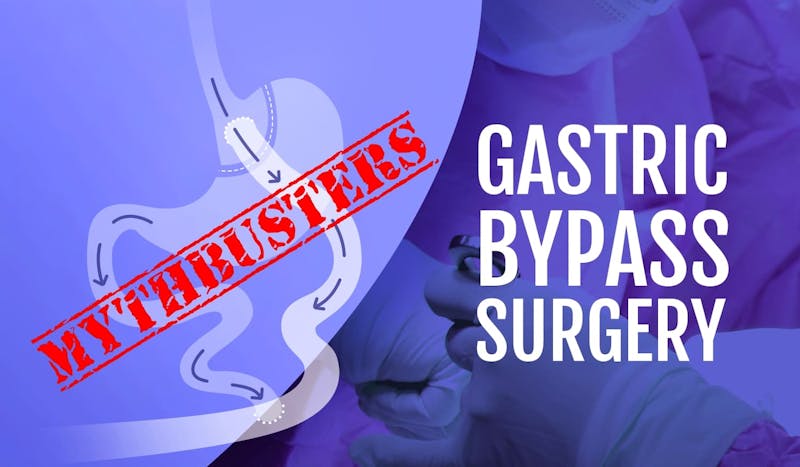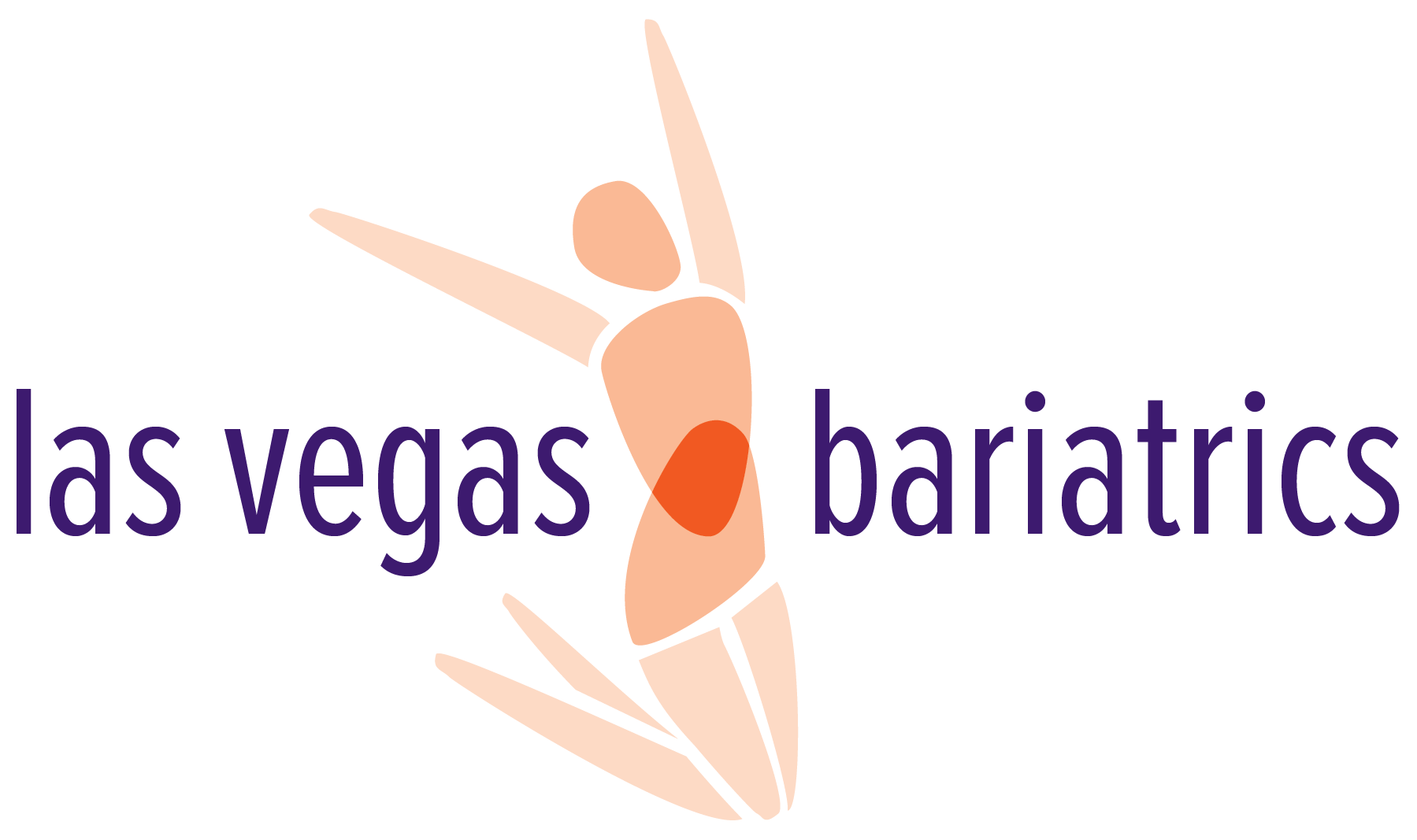
Myths about Gastric Bypass Surgery Busted
Most people consider obesity to be just a weight-related problem. But, many studies have concluded that it negatively affects other organs and can cause serious issues with the overall health and lifestyle of a person. While there are many different treatments available to help with obesity, one of the most popular bariatric surgery is gastric bypass surgery. There are, however, many myths about this weight loss surgery that prevents people from getting the help they need. Here are some of the common myths about weight-loss surgeries and
Myth 1# Gastric Bypass Surgery is dangerous.
Even though any kind of surgery carries some amount of risk, recent advanced techniques and types of equipment have helped reduced the risks greatly. According to recent studies, the risk for gastric bypass surgeries is the same as a routine gall bladder surgery, which is almost nil.
Myth 2# Obesity can be treated with proper diet and exercise. Surgery is not necessary.
There is no doubt that diet and exercise are two of the most important things when it comes to reducing weight. But, for many people who are extremely obese, it might not be enough. According to studies, diet and exercise helped these people lose some amount of weight, but most of them would gain it all back within a few months.
Myth 3# After gastric bypass surgery, most people will gain all the weight.
After successful gastric bypass surgery, a patient stands to lose anywhere from 50 to 100 pounds, depending on their current weight within the first year. It has been seen that people who have undergone weight-loss surgeries have been able to keep their weight off than those who have not undergone surgeries. Thus, gastric bypass surgeries help with long term weight control.
Myth 4# Surgery reduces the body’s ability to absorb vitamins and minerals.
There are different types of weight-loss surgeries, and not all will affect your body’s absorption power of vitamins and minerals. People, who have undergone weight loss surgery, are generally provided with follow-up care and supplements that make this problem preventable in most of the cases. Patients are also regularly tested to ensure that their minerals and vitamins level are at an optimal level.
Myth 5# You cannot have children after gastric bypass surgery
Patients are advised not to get pregnant for the first two years after undergoing gastric bypass surgery. The reason is that it is a weight loss surgery, and getting pregnant totally contradicts what is needed during pregnancy. Most patients will reach a plateau of weight loss after about two years of surgery. It has been seen that weight loss in men actually improves their fertility rates.
Myth 6# Gastric Bypass surgery is not covered by insurance.
There are many insurance companies today that cover weight loss surgeries because of so many people who are opting for it. The coverage may vary depending on the state you live in and the company you pick. If a patient meets all the requirements for insurance to cover the procedure, there is no reason why they would not be covered by insurance.
Myth 7# Gastric Bypass Surgery leads to alcoholism.
There is no direct link between weight loss surgeries, such as gastric bypass surgeries and alcoholism. Patients are advised to cut down on their alcohol use after the surgery as the effect of alcohol will increase after surgery. Thus, it is best to avoid alcohol for at least a few years after surgery.
Myth 8# Gastric Bypass surgery leaves a big scar.
There was a time when the traditional weight-loss surgeries left ‘scars’ on the body. But, the new technologies and improved techniques have led to the use of ‘Keyhole surgery’ that leaves almost no scarring and provide quicker recovery period than before. Patients experience less pain and get back to their daily routine within a few days after the surgery.
These are just some of the myths that prevent many people from undergoing gastric bypass surgery that can help improve their current lifestyle. One should remember that weight loss surgeries like gastric bypass surgery are just a tool for weight loss, and its long term effect will depend on healthy choices that patients have to make for themselves.

